Team development
Teams as an important building block of organizational success is specifically focused on. This can be a team diagnosis. Or a development of existing teams. We work to identify and work through the impeding factors. We help develop a team vision and a team self-image. Team conflicts are identified and brought to resolution. Here we also use our many years of experience with systemic approaches and working on the psychosocial level of teams, which are often characterized by unconscious dynamics.
Overview
Teams have their own rules and special dynamics.
With the help of, for example, organizational constellations, role exercises, observation tasks, business simulations, feedback and coaching, we help you to make your teamwork more efficient and enjoyable, to intensify strengths, to learn from challenges and to release potential.
It is crucial for success that not only the factual but also the emotional level is taken into account. To achieve this, we often use group dynamic elements or have participants work with similar tools (for example, drawing pictures, team constellations, team sociograms, facilitated team dialogues, reflecting team sequences, team exercises and games) to show what the current situation and the “ideal team” should look like.
At the heart of the team development process is common sense – self-understanding about shared goals, tasks and roles.
Team diagnostics
The following questions are important in a team diagnostic, among others:
- How far have our work objectives and tasks been resolved?
- How do the individual differences in the working styles of the individual team members have an impact on the working day?
- Where should we focus on the development of cohesion and assumption of responsibility in our team?
- What is the distribution of roles?
A thorough diagnostic team will assist you in deciding on the use and the specific targeting of measures for team development.
Possible goals of a diagnostic team in practice:
- Understand the current situation of the team and gain information
- Fit into the team composition in terms of corporate strategy and objectives
- Institutionalise feedback as part of a comprehensive quality management
- Team-preference analysis based on MBTI
- Staff awareness of the intra-group processes
- Comparison of the team with other successful teams (bench marketing)
- Review of the effectiveness of measures of team development
Outdoor team building
A special service we have offered since 1992 is in the field of outdoor team development. According to the initial situation and objectives, we set, together with our outdoor trainers, an ambitious program for you.
Our outdoor teams are composed of qualified trainers and outdoor Oezpa psychologists and pedagogues.
In addition to experiencing the great outdoors, is the subsequent reflections and transferal to your work practice.
Group and team work
oezpa Ltd. supports the introduction of group and team work into your organisation. Existing group and team structures can be examined and optimised in terms of their efficiency.
Group and team members are qualified to work in teams.
The question of how culture is created, be it in a company or as nation, is important so far as there are clues as to how it may be influenced. Values, norms, rules and beliefs emerge over time in a continuous cycle of detection (consciously and unconsciously) and action. oezpa Ltd. has developed a very practical form of cultural work through a variety of cultural projects and their own culture development.
The organisational culture is the background for the success of everyday business events. Deeply ingrained assumptions and value systems give the staff security and serve as stabilisation. On the other hand, they provide inhibiting factors for new requirements.
In fact, our change management experience shows us that, for example, difficulties to achieve targets in many mergers can be attributed to cultural differences between the parties. With adequate preparation, the effects of such a culture clash can be minimised.
In our experience, indicators that can make a culture development measure worthwhile are:
- High staff turnover in critical areas
- Poor working environment
- Lots of conflicts
- Loss of quality
- Loss of productivity
As part of a cultural analysis, we first diagnose the culture of your organisation. To do this we conduct interviews with management and a section of representatives of the staff. Alternatively or in addition, we carry out cultural workshops. Our diagnosis shows the areas in which culturally related issues are apparent.
After this diagnostic phase, we work with you on a vision of the desired culture and plan the steps towards development.
Team coaching
Team coaching serves to optimize the work of teams in their “natural” composition at the workplace. Supervisors and colleagues:inside are involved when it makes sense. It draws on the wealth of experience of individual team members and is used to achieve goals and results. Team coaching is time-limited, it is issue-centered and results-oriented. Team coaching experiences the same difficulties of cooperation as everyday work. These are consciously “brought out” in order to make them workable in team coaching. They can be analyzed and worked on under professional guidance in order to derive practical strategies for action.
Overview
The challenge of dealing constructively with conflicts and problems can lead to profound divisions in teams, departments, larger organizational units and projects.
A subliminal and often open boycott by individuals or groups disrupts the smooth flow of day-to-day business and costs energy, quality of results, time and money. In addition, a poor work environment leads to a loss of motivation and energy, setting off a cycle of problems.
In order to restore the ability to work, oezpa-swiss helps you to understand the course of the conflict, to recognize patterns of action and to restore the team and work ability in systematic steps.
Typical questions for conflict resolution
- How can we review existing conflicts and the core conflict?
- How can we rebuild the working ability of the organisation systematically?
- How can we improve the intra-organisation in dealing with conflict?
- What are the conflicts associated with organisational contexts?
- How can we find and encourage common features?
Mediation
Does your organisation have conflicts between two or more partners within a department or team, between departments, generational conflicts or conflicting goals? In that case mediation is as effective and purposeful as a structured solution- and future-oriented method. Mediation is Latin and means “intervention”. And that’s the point of Mediation – Mediation is based on a voluntary, self-responsible participation of all parties concerned. The aim of mediation is a self-determined, friendly, concrete agreement that meets the needs and interests of both parties. Because of consensual conflict settlement mental clarity occurs, the nerves of all parties are spared, friction loss is minimised so that energy can be focused on the tasks and challenges again. The coach has the same appreciation for all parties (impartiality) and negotiates as a neutral third party between the various parties in the conflict. He or she is responsible for the structured flow of the process and the mutual settlement of conflicts.
Dr. Hüseyin Özdemir
Managing Director
+49 (0)172 – 861 61 49
h.oezdemir@oezpa-swiss.ch
Managing Director/CEO – oezpa & ILAC (International Leadership Academy & Consulting); Senior Coach in the German Federal Coaching Association (DBVC) and in IOBC – International Organization for Business Coaching; Cooperation Partner and Executive Coach, International Coach Federation, ICF; Dipl.-Ökonom.
+49 (0)172 – 861 61 49
+41 (0) 79 – 816 61 49
Managing Director/CEO – oezpa GmbH & oezpa SWISS GmbH; President ILAC (International Leadership Academy & Consulting); Senior Coach in the German Federal Coaching Association (DBVC) and in IOBC – International Organization for Business Coaching; Cooperation Partner and Executive Coach, International Coach Federation, ICF; Dipl.-Ökonom.
Feedback Consulting Clients
“The fluid change between analysis, confrontation and coaching at the right moment and the change in approaches to never lose sight of the project objective were a key success factor in the collaboration with oezpa.”
Dr. Carsten Stelzer, former board member, Vaillant
“An essential point what distinguishes you as oezpa is trust. Almost the most important thing for you. If you didn’t have that, you wouldn’t be able to perform your role at all. It has something to do with seniority, with you. In your trainings and coaching sessions, it’s like `leadership you can touch’.”
Dr. Thomas Jaster, former divisional manager, bank director, Portigon (WestLB), Düsseldorf
“oezpa has an extremely good hand for picking up moods and redirecting them into positive energies.”
Dr. Sören Christensen, former Deputy Chairman of the Board, Deutsche Wertpapier Service Bank AG (dwpbank), Frankfurt
“Every company is unique and requires individual solutions, which oezpa has succeeded in doing very well. What counts for us is an integrative approach with sustainable success.”
Dr. Markus Slevogt, former member of the board, ING Bank
“You are able to lead and advise a project in a new business environment that is completely unknown to oezpa. This is a great entrepreneurial skill for me. You have such a great know-how that you are able to develop charts spontaneously, e.g. on the flip chart and for presentations. oezpa is both catalyst and direction giver for us!”
Haluk Gürses, Director Human Resources, Bayer
“You are very competent, confident, experienced and committed in your field. You have a lot of methods and you know your craft.”
Tom Linckens, Senior Vice President, Director Global Business Process, Laundry and Home Care, Henkel AG
“oezpa regularly sound out on our behalf what works well and what doesn’t about our organization. They also bring homogeneity to our globally distributed sites through their consulting services. They develop ‘bridges’ for us so that we can be successful interculturally in our subsidiaries.”
Patrick Schüler, Director, Business Process Management, Bosch-Siemens Hausgeräte/ BSH
“I appreciate oezpa’s competence, experience and know-how in organizational coaching processes. They are neutral persons of trust. If you really want to develop organizations further, I can only recommend oezpa.”
Walter Hess, former CEO, Elcotherm (currently: CEO company “zur Rose”, online pharmacy)
“What I particularly liked was the composure with which oezpa accompanied our organizational development and management team process. They did not lead tangibly, but through questions. The management team members addressed the issue in the group. oezpa addressed important issues. Without this intervention, we would not have worked through the issues on our own. Through this work, we were able to integrate very well into a management team.”
Beat Schwab, former director of human resources and member of the executive board, Microsoft
“Coaching with oezpa is like an oasis. There I can always place important questions. I have always found the coaching very helpful and was able to switch off well.”
Karl-Albert Bebber, former Head of Solution and Application Services, Bayer Business Services

